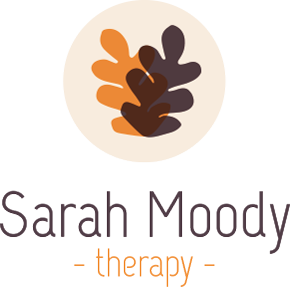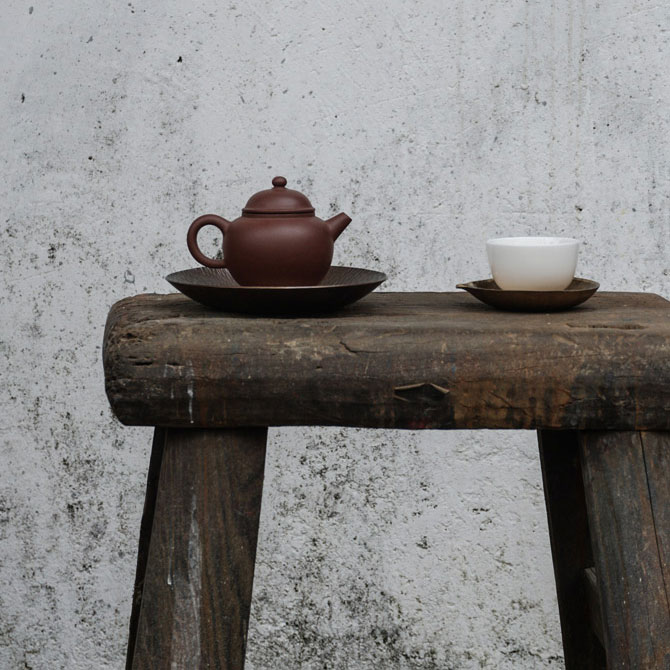Therapy can be helpful if you want to better manage the challenges you may be facing in your life.
It is totally normal to feel lost, confused, or afraid at times. For centuries philosophers and spiritual teachers, artists, writers and musicians have expressed something of the pain and pleasure that is the human condition.
Psychotherapy helps shine a light on the reality that life brings joy and sorrow. It brings awareness to the the light and the dark of our inner world and finds a way to live with both these flavours more peacefully.
More practically, it helps us look at how our beliefs and patterns and habitual ways of reacting to people or events can keep us in pain. In becoming more self aware, we have the choice to respond in other more healthy ways and to develop resilience for riding the waves of life as they come.
The therapy relationship
Talking with an empathic person who is impartial and curious about you, your experiences and how you think and feel, can be very healing. It really helps when someone takes care to tune into where you’re at, who doesn’t judge, and who is on your side.
This relationship environment - of feeling seen and understood, and witnessed and accepted exactly as you are - helps create a safe space from where you can begin to explore what is happening for you. By giving yourself time and space to slow down and reflect, you can gain insights about how your thoughts, feelings and beliefs are helping or hindering you.
It is in effect a collaboration between you and your therapist to explore and understand your inner world, in order to increase your self knowledge - which this is one of the key outcomes of any therapeutic endeavour.
The importance of getting to know yourself
Through greater self-awareness, it’s possible to learn new ways of being, with yourself and others, and it can become more easy to make positive changes and take steps to create more of what you want in your life.
This is the real value of therapy - gaining an insight into how our minds work - what we yearn for, what we fear, why we act the way we do, how we react to feelings such as jealousy or anger, or how we struggle in work or in relationship, with addiction or isolation.
In essence we are looking for core beliefs and patterns of thinking and acting - often laid down in infancy and childhood - that we do on repeat until, with a caring and neutral professional who is skilled in bringing these patterns to awareness, we begin to notice them and from there can start to make different choices.
Deciding to have therapy is a very healthy response to life’s challenges.
A lot is being done by mental health charities, with support from high profile individuals sharing something of their experience of therapy, to demystify and de-stigmatise psychotherapy and counselling. And it can still feel like it’s not something ‘normal’ people do.
But the reality is that all normal people experience pain and hardship, and face life events such as unemployment, bereavement or traumatic experiences. Most of us will feel anxious or afraid at some point, or struggle with our feelings of anger or envy or despair at life’s circumstances.
Those people who decide they want some support - to deal with distressing feelings, to come to terms with experiences such as redundancy or exam stress, to deal with ongoing family or relationship issues or confusion about your choice of career - are taking a big step towards self care, which is the biggest gift you can give yourself in times of need.


